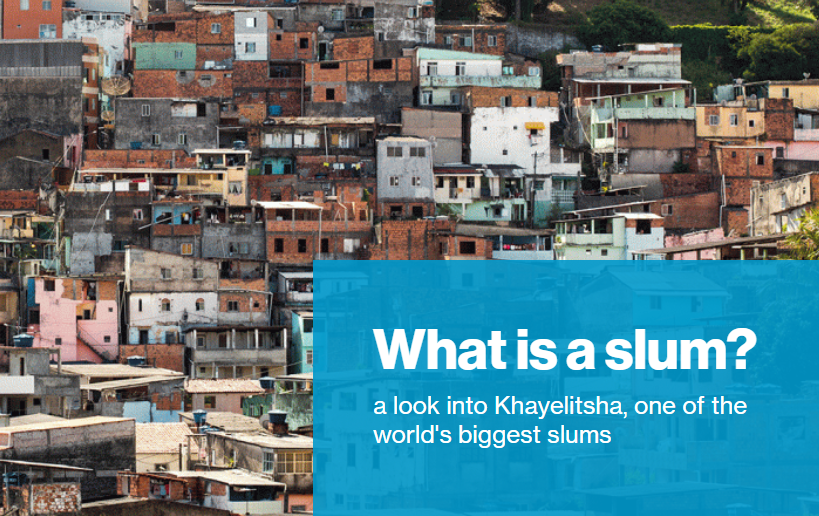What is a slum?
A look into Khayelitsha, one of the world's larger informal settlements

In episode three of the Habitat for Humanity South Africa podcast series, Charles Witbooi, Programme Head for Advocacy and Volunteering Engagement at Habitat for Humanity South Africa delves into the topic of informal settlements in Africa. Charles sheds light on the terminology surrounding these settlements, emphasising that in South Africa, the term "slum" carries political implications due to past government policies of eviction under Slum Clearance Acts. Hence, preferred terms include "informal settlements" or "squatter camps." These settlements, like their counterparts worldwide, are characterised by temporary housing and a lack of basic services, though the level of poverty varies.
In South Africa, the roots of informal settlements trace back to the era of segregation, with the lifting of apartheid in 1994 leading to rapid urbanisation and the proliferation of such settlements around metropolitan areas like Johannesburg, Soweto, and Cape Town's Khayelitsha. Khayelitsha, in particular, showcases diverse living conditions, ranging from formal housing with basic services to areas lacking access to necessities like running water and electricity.
Abstract based on source.


Comments